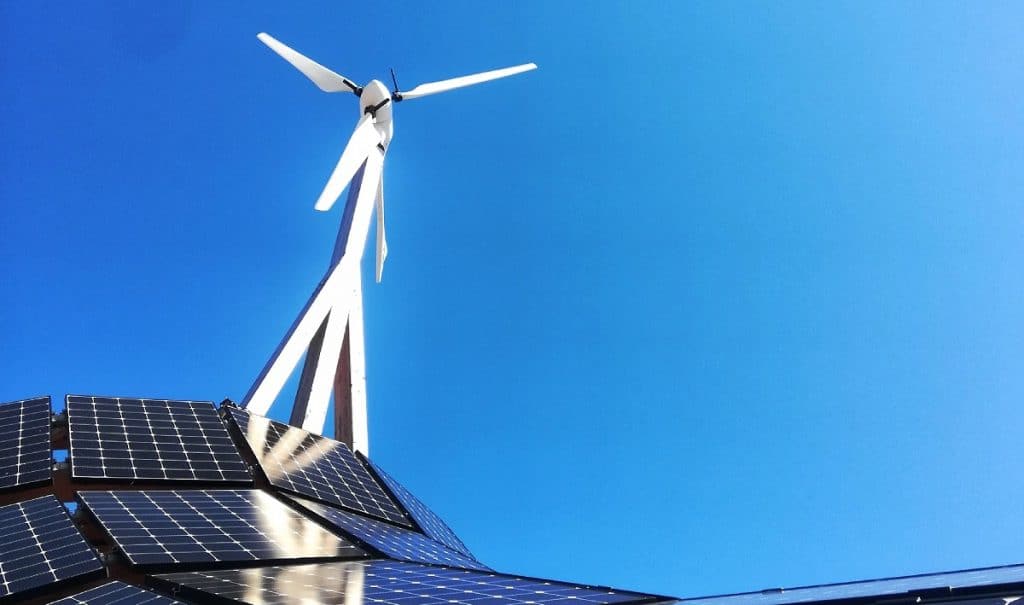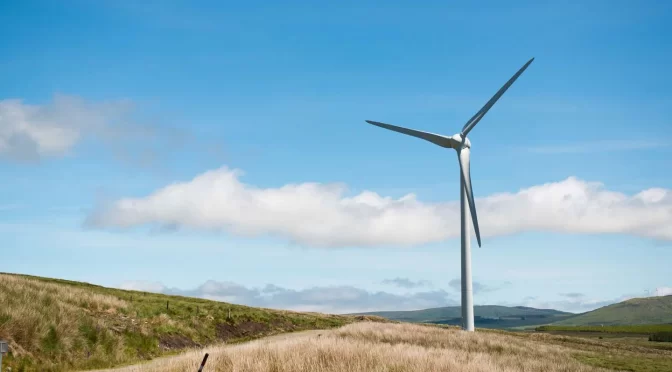The cap of €180/MWh on the income from electricity production with inframarginal technologies established by the European Union will affect the PPA contracts signed by renewable energy plants. Although, in the case of Spain, it is expected that this measure will have little importance as long as the reduction mechanism remains in force.

On Thursday, October 20, the twenty?sixth edition of the monthly webinars of AleaSoft Energy Forecasting and AleaGreen was held. In addition to Oriol Saltó i Bauzà, Associate Partner at AleaGreen, and as in the previous editions of the webinar held in October, speakers from Deloitte participated: Álvaro Antón Azcoiti, Director, Financial Advisory; Ricardo Benito Pascual, Director, Financial Advisory, and Luis Garcia Tasich, Manager of Global IFRS and Offerings Services (GIOS). Antonio Delgado Rigal, CEO of AleaSoft Energy Forecasting, also participated in the analysis table after the Spanish version of the webinar.
In the webinar, in addition to the usual analysis of the evolution and prospects of European energy markets, the financing of projects of renewable energy such as wind energy and solar photovoltaic energy and the importance of the forecasting in audits and portfolio valuationwere analysed. Among the issues discussed at the analysis table after the Spanish version of the webinar, concern was expressed about how the different regulatory novelties approved in the energy sector to deal with the current energy crisis situation may have an influence on new renewable energy projects and their financing.
Cap of €180/MWh on inframarginal technologies in the European Union
Recently, the European Union agreed on a series of measures with the aim of fighting the high energy prices and their effects on citizens. Among these measures is the limitation of the income of electricity producers with inframarginal technologies, such as renewable energy technologies, establishing a cap of €180/MWh.
In the webinar, the question of how this measure might affect PPA, both new and existing, was addressed. In the case of new PPA, the new regulations can be included during their preparation. But, in the case of existing PPA, according to expert from Deloitte Ricardo Benito Pascual, the signed contract should be modified to take this regulatory change into account so that the PPA can meet its objective without producing asymmetries.
Antonio Delgado Rigal, CEO of AleaSoft Energy Forecasting, added that, as long as the reduction mechanism continues to be active in Spain, this limitation of €180/MWh is expected to have little significance in the PPA signed in the country. Although it would have to be taken into account in the PPA in the event that the European measure continues in force after the end of this reduction mechanism. For the moment, the reduction mechanism is planned to continue in force in the Spanish market until December 2023.
AleaSoft Energy Forecasting’s analysis on the prospects for energy markets in Europe and the renewable energy projects financing
The next edition of the monthly webinars organised by AleaSoft Energy Forecasting and AleaGreen will be the number twenty?seven and will take place on November 24. On this occasion, the current situation and trends in the renewable energy projects financing will be analysed, comparing PPA with full merchant projects. The evolution and prospects of European energy markets for the winter 2022?2023 will also be analysed. Jaime Vázquez, Director, PPA & Finance at Soto Solar, will participate as a speaker in this webinar, in addition to Oriol Saltó i Bauzà, Associate Partner at AleaGreen. At the analysis table after the Spanish version of the webinar, Tomás García, Senior Director, Energy & Infrastructure Advisory at JLL, and Antonio Delgado Rigal, CEO of AleaSoft Energy Forecasting will also participate.


